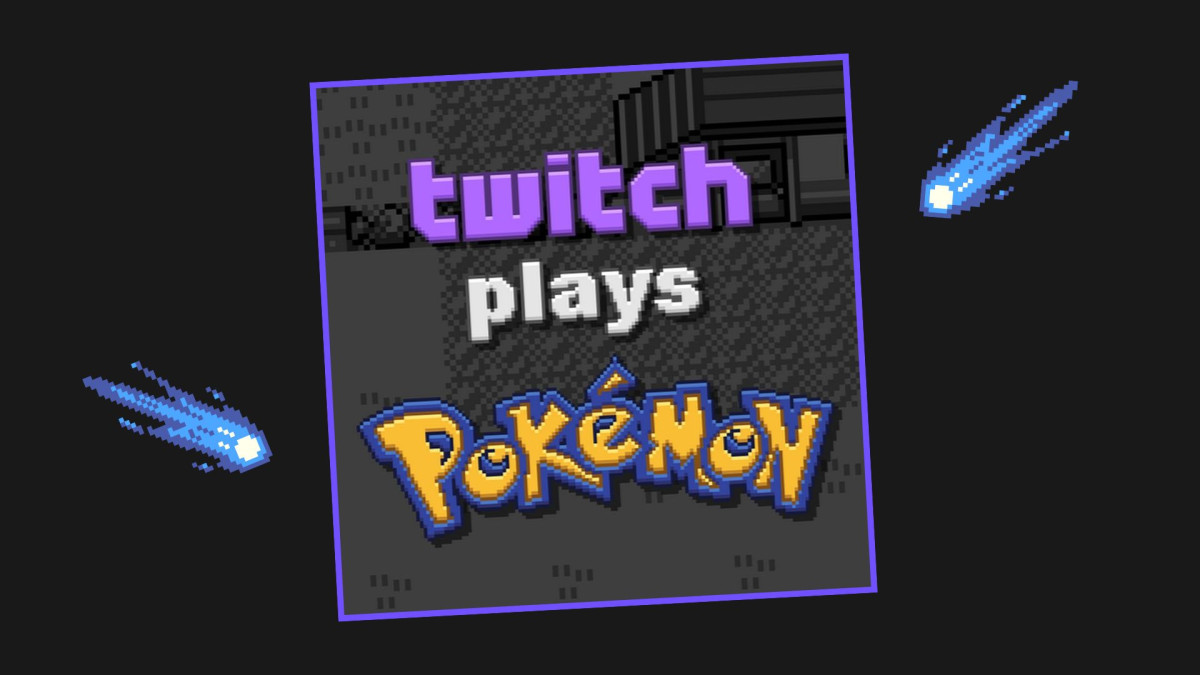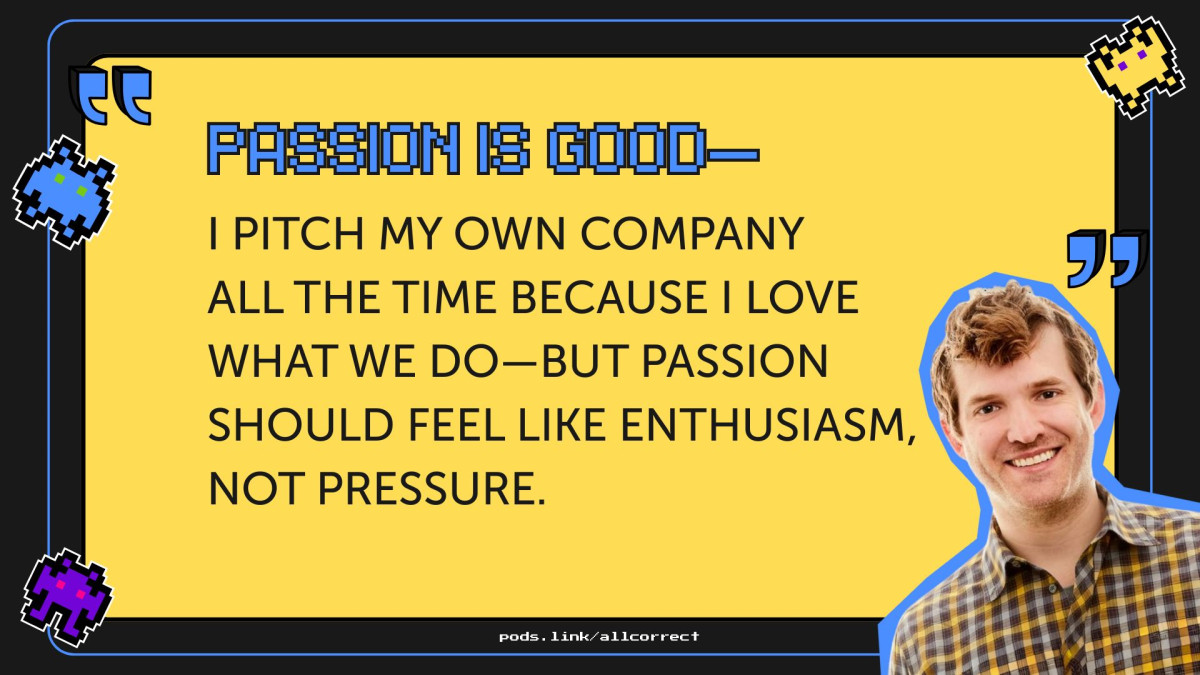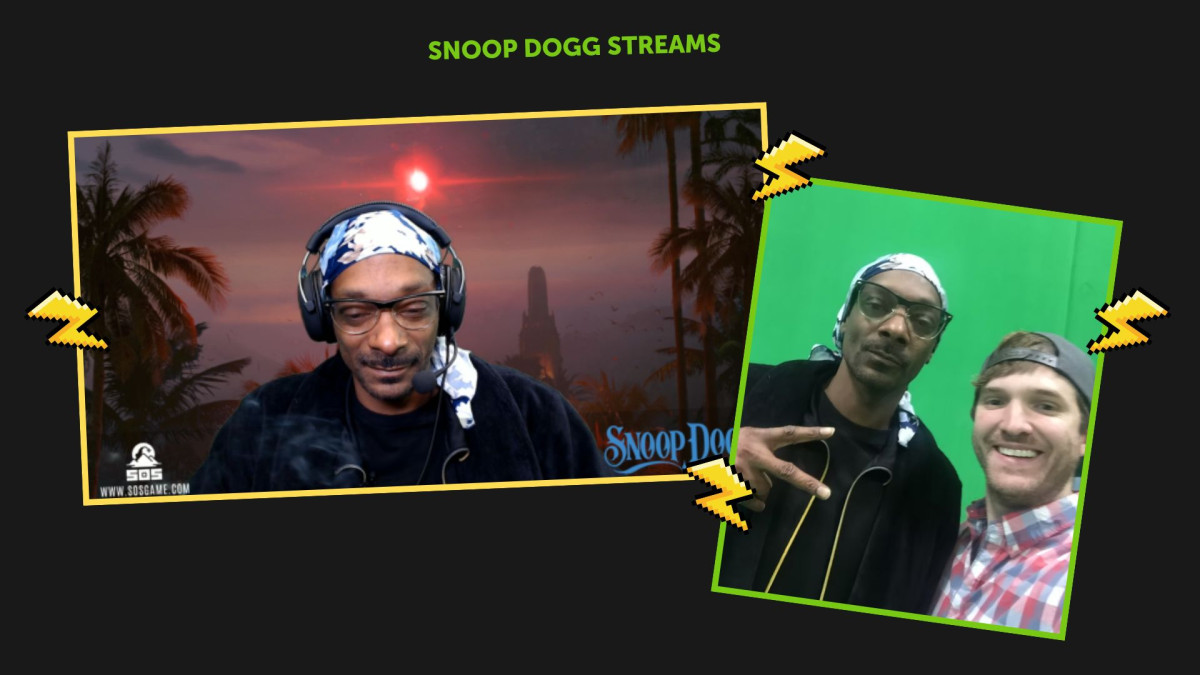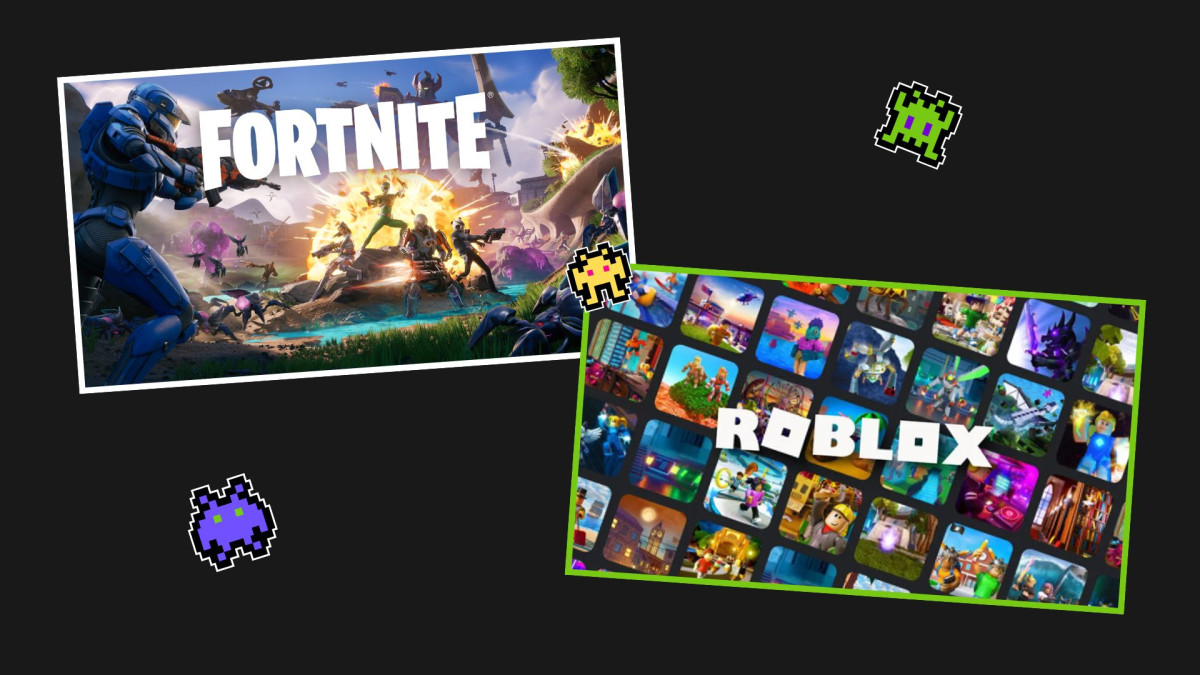Brooke Van Dusen
Outsourcing Without the Stigma, AI Flooding, and Roblox Rising
In this episode of The Allcorrect Gamedev Show, we chat with Brooke Van Dusen, founder of CDR External Development and author of Pixel Procurement. Brooke shares how his path from a Nintendo-filled childhood to Twitch’s golden days shaped his career, why he built CDR as a “full-stack outsourcing department” for studios, and how outsourcing still struggles with stigma in gamedev. We dive into his unforgettable story of bringing Snoop Dogg to a battle royale launch, his advice for young outsourcing studios and newcomers to the industry, and his vision of how AI, Roblox, and new business models will reshape games in the next decade.
Entering Games Through Twitch
I came to San Francisco about 15 years ago with no clear plan beyond wanting to join startups—before “startup” was even a buzzword. I loved that kids my age were running companies there. I joined a little outfit mostly because they played StarCraft, and a few months later they launched Twitch. Suddenly, I was part of this rocket ship. I spent years there, leading business development, surviving the Amazon acquisition, and helping start developer relations, where we worked directly with studios. We were chasing ideas like Twitch Plays Pokémon, which felt like the start of a whole new genre. That experience not only gave me a front-row seat to history but also made me fall head over heels in love with game development itself.
 Source: www.youtube.com/@TwitchPlayPokemon
Source: www.youtube.com/@TwitchPlayPokemonThe “Golden Days” of Twitch
When I talk about Twitch, I always say those were the golden days. We weren’t obsessed with revenue; we were obsessed with community and invention. I even remember wearing a Twitch hoodie on a date—back then you couldn’t just buy one, they were rare—and the server at the restaurant was starstruck. He came over saying Twitch had changed his life, while my date just looked at me like, “What secret club are you part of?” That’s how underground and powerful it was. Everyone wanted to be connected, and we felt like pioneers, even if half the world didn’t understand what streaming was yet. Those days carried an energy you can’t replicate, a feeling of building something that would reshape culture.
The “Uber of Outsourcing” (But Not Quite)
After Twitch, I jumped into venture-backed startups, raising close to USD 100 million across half a dozen companies. Outsourcing was always a necessity because we needed scale and expertise fast, but we handled it terribly at first—random referrals, patchwork networks, hoping for luck. On one international flight, after another exhausting round of scouting, it hit me: every studio must be going through this same painful duplication of effort. That realization became the seed of CDR. I envisioned a service that would act like your internal external-development department, managing everything from procurement to delivery. It wasn’t just about saving time; it was about giving studios back their focus so they could pour energy into what matters—the quality of their games.
People joke that CDR is the Uber of outsourcing, and in some ways they’re right. We’ve even built software so a client can approve a provider with a single click. But the big difference is that behind that click lies a ton of legwork: we’ve vetted studios, negotiated contracts, clarified expectations, and solved problems before the client ever sees the option. We don’t think of ourselves as a faceless platform—we’re hands-on, deeply involved. The final button is just the surface; beneath it are weeks or months of partnership building. Our job is to make things look seamless for the client while shouldering the messy bureaucracy ourselves.
Many companies in this space offer matchmaking or light consulting, but what makes us different is our buy-side focus. Traditionally, agencies took a cut from the providers they recommended, which created a quiet conflict of interest. We flipped that. We align entirely with the studios, because the value isn’t just in choosing a provider—it’s in helping studios define needs, communicate requirements, and manage expectations so projects don’t derail. If you start with clarity—vision, constraints, timelines—you avoid endless corrections later. That alignment—and the trust it builds—is what sets us apart.
The Critical Role of Networking
Networking is oxygen in this industry, but the first step is always knowing what you actually need. Too many projects fail because studios ask vaguely for “art” or “tech” without considering the disciplines involved. Once you’ve nailed down the requirements, then it’s about knowing the market better than anyone else. That’s why we’ve built a database profiling thousands of providers by art style, genre, past work, and culture fit. So when a client says they need 3D art on a tight budget, we don’t just toss out names—we deliver a curated shortlist that actually fits. That level of precision comes from years of travel, conferences, profiling, and constant updates. Without networking, you can’t do this, but without clarity, networking is useless.
The Outsourcing Stigma
There’s still a stigma attached to outsourcing in games, and anyone in services has felt it. I’ve seen conference group chats where the moment a service provider joins, the rest quietly start a new chat without them. And yet, services make up a third of production spending—by headcount it might even be half. The paradox is that the industry couldn’t exist at its current scale without outsourcing, but culturally it’s still looked at with suspicion. Part of my mission with CDR is to show that outsourcing done right isn’t a compromise—it’s a strength. But that requires a shift in how we match studios and providers and in how sales are perceived in this industry.
Everyone asks about sales, and in games, it’s a double-edged sword. People don’t like being sold to—they prefer referrals from trusted friends. That’s part of the tribal culture of the industry. Aggressive cold outreach just reinforces the stigma. But if you can share real outcomes, case studies, or simply tell an authentic story, you earn attention in a much healthier way. Passion is good—I pitch my own company all the time because I love what we do—but passion should feel like enthusiasm, not pressure. The art is in making the client feel helped rather than hunted. That balance is what separates a good sales conversation from an annoying one.

Evaluating Studio Credibility
One of my red flags is when a studio has no digital footprint—not even a LinkedIn page. But LinkedIn isn’t the only way to prove credibility. Resumes, detailed proposals, interviews with discipline leads—all of these work. If budgets allow, flying out to meet a provider or bringing teams together for a kickoff week can build trust that no slide deck ever could. What matters is whether you actually know the people you’re entrusting with your game. A logo on a website isn’t enough. Real relationships, real accountability—that’s where confidence comes from.
If a studio has only a demo, it’s very difficult to recommend them confidently. A demo shows potential, but a portfolio shows repeatability. I had a client who needed a destructible robot character for a pitch at GDC with almost no time. We found a studio whose portfolio was nothing but robots, and they delivered a stunning model in five weeks flat. That’s the power of proven experience—it lowers risk, especially on tight timelines. With just a demo, you can’t know whether a team can deliver consistently. A strong portfolio is one of the best confidence-builders a studio can offer.
Advice for Young Outsourcing Studios
If you’re starting out, your first mission is building a portfolio. Don’t just talk about what you could do; show what you’ve already done and how it benefited clients. Begin with your trusted network, where feedback will be honest and the stakes manageable. Be adaptable—solve problems creatively instead of forcing your vision onto clients. And embrace risks that big studios can’t. For example, integrating AI workflows: established companies avoid it because of controversy, but a small studio can make that its niche. The point is to show you’re capable, flexible, and forward-thinking. That’s how you break through in a crowded market.
The Risk of AI Content Flooding
At Twitch, I saw what happens when creation becomes too easy. We added one-click streaming to Minecraft, and overnight, tens of thousands of new broadcasters appeared. But minutes watched? They didn’t grow at all. The audience was the same, only buried under noise. Eventually, we had to shut the program down. That’s the cautionary tale for AI: yes, it will unleash a flood of content, but discoverability becomes the bottleneck. The winners will be studios that prove their work is handcrafted, thoughtful, and emotionally resonant. AI will lower the barriers, but quality and distinctiveness will be the true differentiators.
The Snoop Dogg Story
At Outpost Games, our CFO asked what I’d do with USD 200,000 to fuel our battle royale launch. I joked, “I’d get Snoop Dogg.” Next thing I know, he’s booked. The day before launch, I’m told Snoop will play our game, and I’m scrambling like crazy. We set up in his Boss Lady Productions compound in LA, only to find out he doesn’t touch a keyboard and mouse. So, my community manager played while Snoop joked, chatted, and even rapped with players. Over an hour he smoked four blunts in that tiny room, and we all left light-headed. The game hit number one on Twitch that day. Retention issues aside, it was unforgettable. To this day, that photo with Snoop is still my favorite career souvenir.
 Source: www.brookevandusen.com, mcvuk.com
Source: www.brookevandusen.com, mcvuk.comThe Future of the Game Industry
AI will reshape games the way the internet reshaped the ’90s: in ways we can’t fully predict. It will flood us with content, and only those who differentiate with genuine craft will stand out. Meanwhile, mega-platforms like Fortnite and Roblox have entrenched network effects that make them nearly untouchable. Roblox especially feels like its own separate industry—creators there don’t even attend the same conferences as traditional studios. It reminds me of Twitch in the early days: dismissed as a fad, but quietly building the future. The next decade will be defined by that tension: massive platforms dominating the mainstream, and countercultural niches carving out new creative spaces. Both will coexist, and both will shape the evolution of games.









